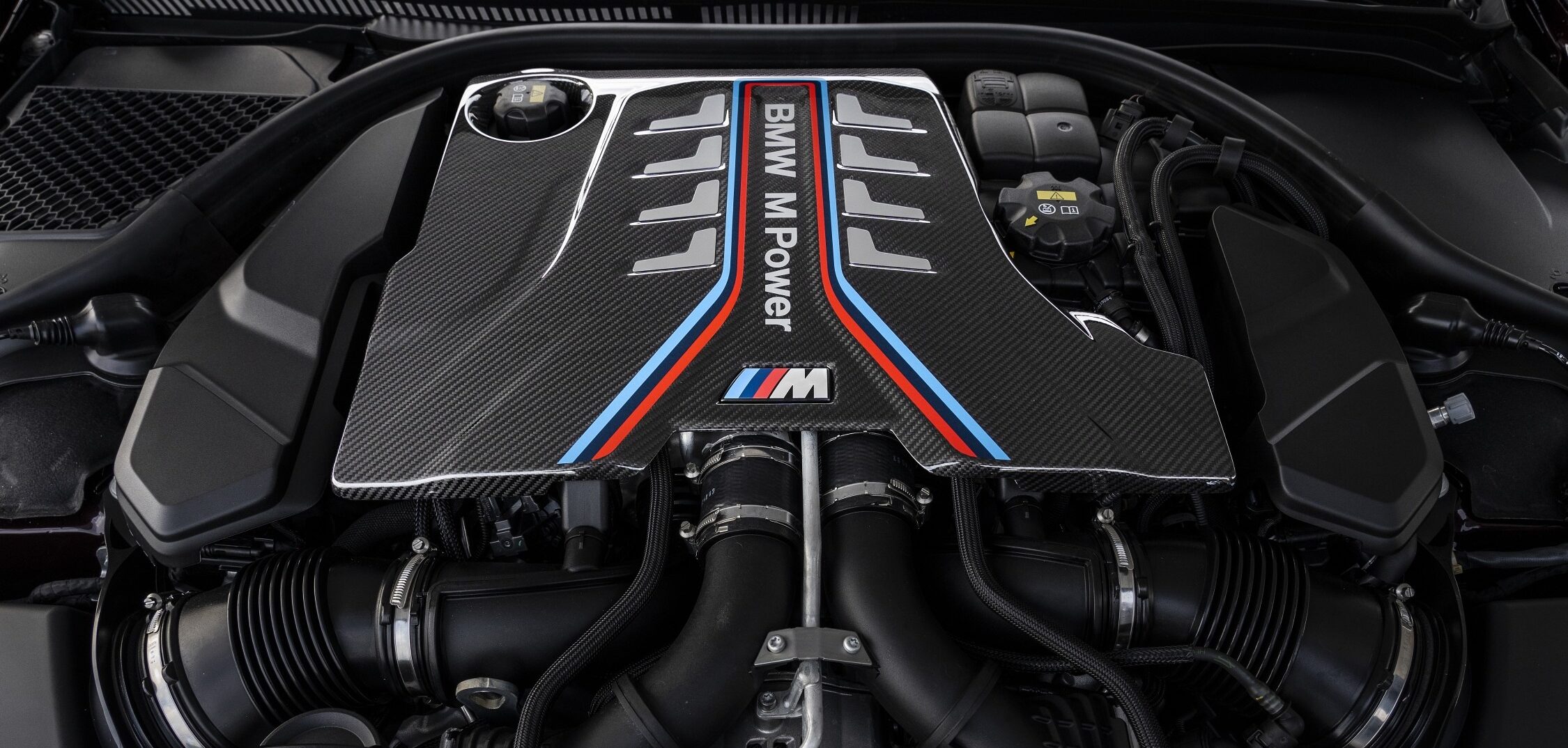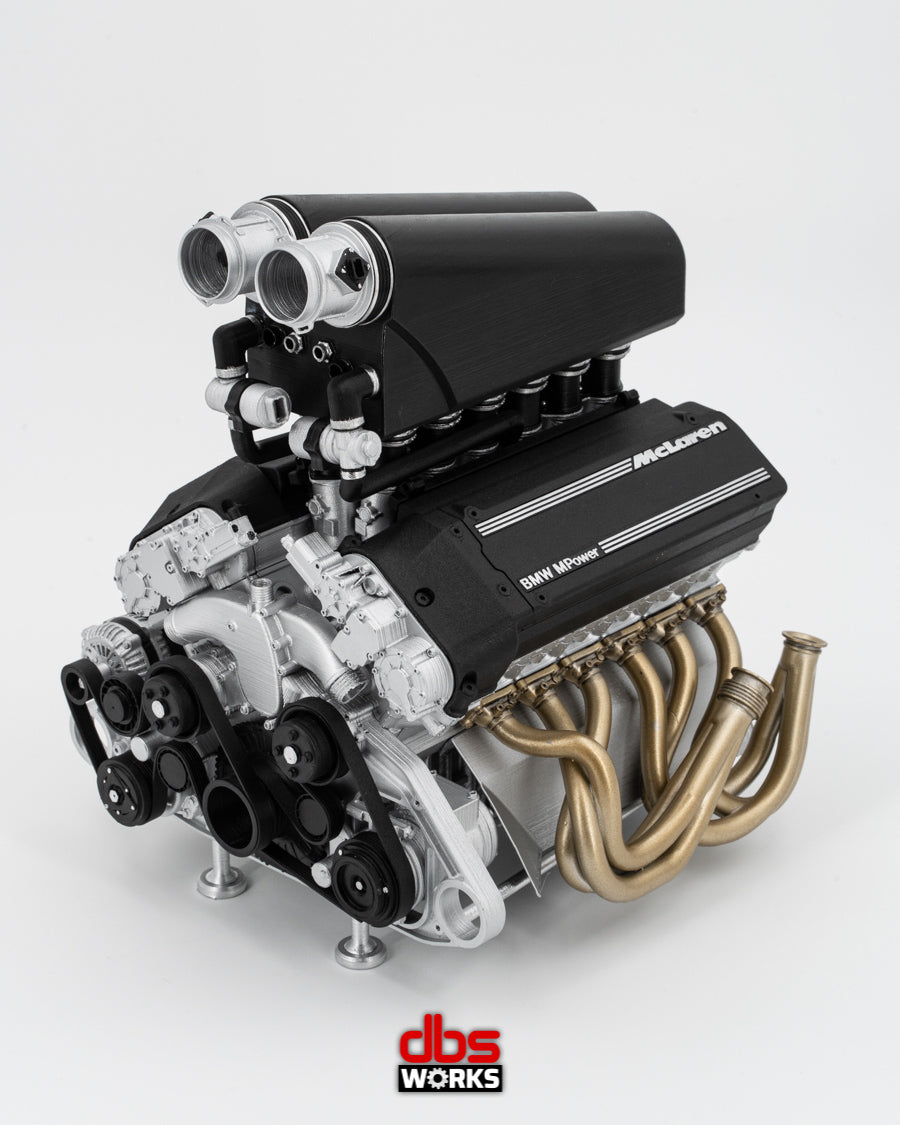Top 5 BMW Engine Technologies Changing the Automotive Market
Top 5 BMW Engine Technologies Changing the Automotive Market
Blog Article
Introducing the Intricacies of Next-Generation Power Units: a Deep Dive Into Advanced Engine Layouts and Developments
In the world of automobile design, the unrelenting search of efficiency, performance, and sustainability has actually pushed the evolution of power units to extraordinary heights. As we base on the precipice of a brand-new era in transportation, the complexities of next-generation engine designs bid us to check out the cutting-edge modern technologies and advancements that promise to redefine the driving experience. From sophisticated materials that press the limits of sturdiness and weight reduction to innovative turbocharging and supercharging systems that elevate power outcome to brand-new degrees, each component of these power units holds an essential to unlocking the future of auto design. Diving deeper into the worlds of exhaust control, intelligent engine monitoring systems, and the horizon of power device development, we locate ourselves on the cusp of a makeover that guarantees to improve the landscape of mobility as we know it.
Development of Engine Materials

The change in the direction of progressed engine materials has also made it possible for engineers to make engines with higher power outputs while maintaining fuel performance standards. The usage of light-weight materials lowers the general weight of the engine, leading to boosted gas economic situation and reduced emissions. Additionally, advancements in products technology have allowed for better thermal monitoring within engines, causing raised dependability and durability.
Turbocharging and Supercharging Technologies
Exactly How do Turbocharging and Supercharging Technologies revolutionize engine efficiency and performance in modern vehicles? Supercharging and turbocharging are innovations that significantly enhance engine efficiency by boosting the amount of air intake into the burning chamber. Turbocharging accomplishes this by utilizing a turbine driven by exhaust gases to pressurize the intake air, while supercharging uses a belt- or chain-driven compressor to accomplish the exact same impact.
These modern technologies allow smaller sized, more fuel-efficient engines to produce power comparable to bigger ones, referred to as downsizing. Forcibly more air into the cylinders, supercharging and turbocharging enhance burning performance, causing increased horsepower and torque outcome without a considerable boost in engine dimension. This results in far better acceleration, hauling capability, and overall driving efficiency.
In addition, turbo charging and turbocharging contribute to enhanced fuel performance by allowing the use of smaller engines that eat much less gas under regular driving conditions - bmw engine. This combination of boosted efficiency and efficiency has actually made turbocharging and turbo charging essential parts of many modern engine designs
Emission Control and Environmental Impact
With boosting global problems regarding air quality and environmental sustainability, the implementation of exhaust control innovations in automobiles plays a critical duty in minimizing harmful contaminants released into the ambience. Modern automobiles are outfitted with advanced emission control systems that aid lessen the environmental impact of automotive procedures. Catalytic converters, for instance, are developed to convert hazardous gases such as carbon monoxide gas, nitrogen oxides, and hydrocarbons into much less dangerous compounds like carbon dioxide and water vapor.
In addition, innovations in engine modern technology, such as the assimilation of exhaust gas recirculation systems and discerning catalytic decrease, have significantly added to decreasing exhausts. These technologies operate in tandem to enhance combustion performance and reduce the release of harmful toxins right into the air. Additionally, the advancement of hybrid and electrical automobiles represents a vital action in the direction of minimizing the overall ecological impact of the transportation sector.
Intelligent Engine Management Equipment

Moreover, these systems make it possible for automobiles to fulfill rigid emissions criteria without endangering performance, offering a more ecologically friendly driving experience. The combination of man-made intelligence and artificial intelligence capacities in engine management systems remains to push the borders of what is possible, causing further improvements in effectiveness, reliability, and general lorry performance. bmw engine. As automobile modern technology advancements, intelligent engine monitoring systems will play a crucial role in forming the future of transport towards a much more efficient and sustainable instructions
Future Trends in Power System Growth
As smart engine management systems lead the way for enhanced control and optimization in modern-day lorries, future fads in power system advancement are poised to redefine the landscape of vehicle propulsion modern technologies. Among the vital patterns driving technology in power unit advancement is the change towards electrification. With a raising emphasis on sustainability and lowering carbon discharges, crossbreed and electrical powertrains are becoming more common in the auto industry. These alternate source of power provide improved performance and efficiency while aligning with rigorous environmental laws.
An additional substantial pattern is the assimilation of advanced materials and manufacturing strategies. Lightweight products such as top article carbon fiber and aluminum are being made use of to minimize general automobile weight, improving fuel performance and efficiency. Additionally, developments in 3D printing and additive production are allowing the manufacturing of intricate engine components with greater precision and sturdiness.
Additionally, expert system and maker discovering are playing an important role in optimizing power device performance. These technologies enable for real-time surveillance and flexible control, causing a lot more reliable and reliable power distribution. Look At This In general, future trends in power system growth are tailored in the direction of sustainability, efficiency, and efficiency, driving the auto market towards a brand-new age of propulsion modern technologies.

Conclusion
In verdict, the innovations in engine materials, turbocharging, discharge control, and intelligent administration systems have paved the way for next-generation power units. These innovations have not only improved performance and efficiency yet likewise reduced environmental influence. As technology proceeds to progress, future patterns in power unit development are likely to focus on more improving sustainability and enhancing power outcome. The detailed designs and innovations in modern engines display the continuous evolution of vehicle technology.
Discovering the dynamic innovations in engine products has been pivotal in boosting the efficiency and efficiency of modern-day engines. Over the years, the development of engine materials has actually played an important role in pressing the borders of what engines can accomplish.The shift towards progressed engine materials has also made it possible for designers to create engines with higher power outcomes while keeping gas performance requirements.The execution of intelligent engine monitoring systems in modern-day cars has actually reinvented the means engines are managed and optimized for efficiency and efficiency. By accumulating data in real-time and analyzing it with home sophisticated formulas, intelligent engine management systems can adjust to driving styles, environmental elements, and engine health to take full advantage of power result while lessening fuel consumption and discharges.
Report this page